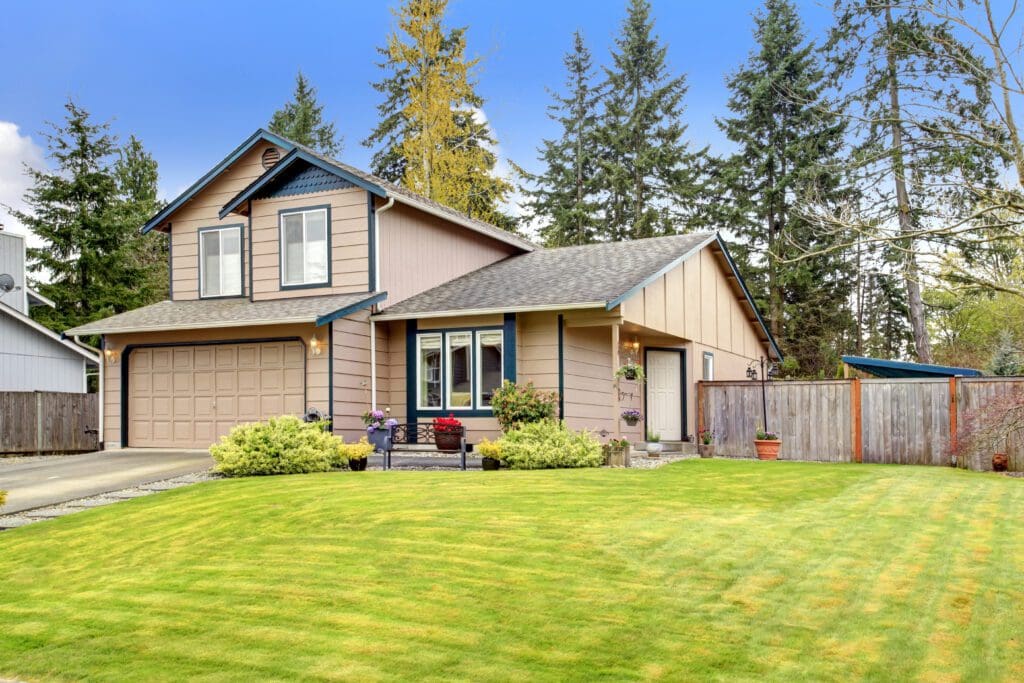When choosing a home to purchase, one of the most important things to consider is its potential to increase in value over time. Real estate can be a significantly profitable investment, but only if the property appreciates over the time of ownership. To assist in predicting this appreciation, there are several key factors that should be evaluated in order to determine if, and how much, the property could be worth down the road. While there are limitless factors that come into play that cannot be foreseen, there are a few that can aid immensely in determining the appreciation value that your property could potentially have. By considering these before purchase, you will be able to gain a better understanding of what your home will be worth down the road.
1. Location

By far the most important factor to consider when purchasing a home is the location where it is situated. While you can make endless renovations on a home’s physical structure, the value of the land it is built on is mostly out of your control. When looking for a home that will increase in value, look at the local neighborhoods, schools and developments. If the neighborhood is growing and the market value for nearby homes has steadily increased over the past few years, that is a solid indicator that the area as a whole will continue appreciating. Look for recent developments and construction projects. If a home is located in a place where investors are funding major infrastructure projects, then the demand for homes in that area will increase as more people will want to move there. Some red flags for a specific location include rising crime rates, underfunded educational institutions, and abandoned structures. All of these factors will deter higher-paying buyers and thus decrease the value of your home as these problems continue to grow.
2. Fixer Upper

While there isn’t much you can do about an area besides being vigilant in your observations and predictions, there is a lot you can do to a home’s physical structure to increase its value. When purchasing a home that could use improvements, it’s important to be conscious of what upgrades will make your day-to-day life more comfortable and what will impact home value. If you have the resources or the knowledge necessary to make these improvements, you can get a home for a good deal and raise its value through renovations. The location should still be considered when buying a “fixer-upper”. Buying a home that needs repairs in an advantageous location means that you will get the home at a relatively good deal and, through renovations, increase the value of the property while the land it is built on also appreciates. A well-built home in a depreciating location will lose value while a home undergoing renovations in an appreciating location will see a significant increase in value.
3. Potential Upgrades

When looking at homes to purchase, try to imagine what upgrades you could potentially add to the property to increase its value. Does the kitchen need remodeling or new appliances? Could the yard use a serious cleanup and some new landscaping? A wide variety of affordable upgrades can be done to a home that can greatly improve its value. Be considerate when making these upgrades as some will cost more than the value they will add.
4. Market & Current Rates

While future market fluctuations are nearly impossible to predict, the current market and available rates should affect your decision on when to buy a home. Purchasing a home with a long-term loan at a high-interest rate does not leave as much room for appreciation as one purchased at a lower interest rate would due to the additional cost of interest. Buying a home while the market is low will greatly increase its chances of rising in value. When you buy your home is almost as important as where you buy your home. See if homes in your desired area are selling for, or more, than the asking price. If so, those homes are typically overpriced to match the high demand for real estate. Buying a home for more than it is actually worth is a surefire way to ensure that your home does not appreciate as much as buying a home that is undervalued.
5. Population Influx & Growing Job Market

When it comes to the impact of supply and demand, real estate is no exception. If an area shows a recent influx in population, or if an influx can be accurately predicted then it can be assumed that demand will rise. When demand rapidly rises, the supply of homes takes a while for it to catch up and in that time, the homes already there will increase in value. A major indicator of a population influx is a growing job market. A great recent example of this is the Washington D.C metro area. Demand for homes has significantly increased over the past decade due to a population influx. Due to this disparity in supply and demand, homes in the D.C metro have skyrocketed in value.
Make the Most of Your Investment With a Great Mortgage Rate
Purchasing a home at a low rate that will increase in value over the duration of your ownership is one of the best things that one can do to ensure a financially successful future. To help ensure that you obtain a beneficial deal on your new home, have the professionals at Federal Hill Mortgage in your corner, assisting you every step of the way. Our team will use our decades of combined experience to make sure that you have every asset that you need to guide you into your new home. For the best mortgage brokers and lenders in Baltimore and the surrounding areas, look no further than Federal Hill Mortgage. Call or apply now to receive expert guidance throughout your home-buying experience.

